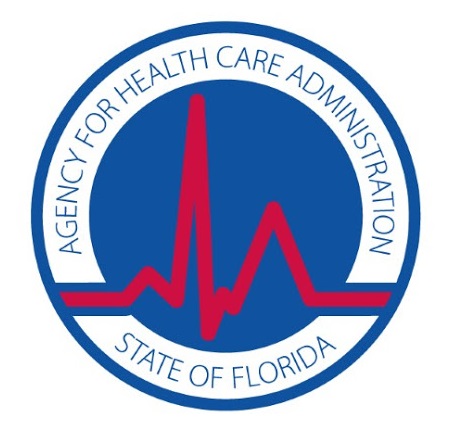TALLAHASSEE — PlayBig Therapy Center, a Tallahassee treatment center for children with autism and other neurological disabilities, was recently awarded $52,000 to recoup incurred legal fees and costs by the Department of Administrative Hearings (DOAH) after the judge determined the suspension of PlayBig’s Medicaid payments in April 2016 for five weeks was not substantially justified.
The suspension followed the Florida Attorney General’s office receiving an allegation of fraud from an unnamed source against PlayBig and issuing a subpoena for records due April 15, 2016.
The PlayBig owners, Kelly Hutto and Rachel Scharlepp, said they had fully cooperated with all previous subpoenaed records requests. However, on April 14, the day before the deadline, the Florida Attorney General’s Medicaid Fraud Control Unit (MFCU) investigators raided PlayBig.
That morning, the PlayBig Therapy Team showed up for work to find crime scene tape across the front of the building, police cars blocking the entrance and law enforcement officers, MFCU, and an Assistant Attorney General waiting outside. Inside, the gyms were searched, computers were taken apart and paper files were combed through.
To this date Hutto and Scharlepp reportedly do not know who or what prompted the investigation or the raid.
Even the DOAH judge, Garnett Chisenhall, remarked in the Jan. 27, 2017 order (paragraph 116): “The search warrant contains no information about what information led the circuit court judge to sign the warrant. In fact, the search warrant does not even enumerate MFCU’s allegations against Petitioners [PlayBig].”
That afternoon, the Agency for Health Care Administration (AHCA), according to court documents, acted without any evidence and only the words of MFCU investigators, when it suspended PlayBig’s Medicaid benefits.
PlayBig owners promptly retained legal counsel and requested formal administrative hearings. On May 12, 2016, the case was referred to DOAH for hearing.
Claiming concern that the hearing would force AHCA to disclose information and compromise MFCU’s ongoing criminal investigation, AHCA reinstated PlayBig’s ability to bill Medicaid on May 18.
According to paragraph 97 of the DOAH order, “AHCA’s lifting of the payment suspension amounted to an unconditional surrender.”
It also prompted a petition by PlayBig to recoup attorney fees.
A hearing was held Nov. 10, 2016.
Chisenhall said (Paragraph 118) “In sum, AHCA failed to satisfy its duty to verify that MFCU’s allegations of fraud were credible. Therefore, AHCA’s suspension of Petitioners’ Medicaid payments was not substantially justified within the meaning of section 57.111.”
He remarks, (Paragraph 48) “Rather than being based on a review of facts, evidence, and information provided by MFCU or on information already in its possession, AHCA determined the allegations were credible because of their nature and because they were being made by MFCU.”
On March 7, 2017, AHCA was ordered to pay PlayBig $52,000 for legal fees and costs.
To date, the MFCU investigation has resulted in the arrest of PlayBig Targeted Case Manager Kim Hackler Jones on August 31, 2016, three months after Medicaid payments were reinstated. She is facing charges of misconduct and Medicaid fraud.
Her arrest was not recognized during the Nov. hearing. The order (paragraph 124) said the arrest warrant was “filled with numerous hearsay statements regarding Ms. Hackler Jones’ allegedly fraudulent Medicaid billings that are being offered for the truth of the matter asserted.”
Chisenhall said in the report (paragraph 125) that even if he had accepted the arrest affidavit into evidence, it would have changed nothing because, “Ms. Hackler Jones is just one PlayBig employee, her arrest, by itself, is insufficiently compelling to excuse AHCA from acting without substantial justification.”


I suspect our beloved State, Federal and Local authorizes act in this manner routinely. Play Big fighting back was an exception to their generally expected passive response. Of course, none of the government employees will be held personally liable.